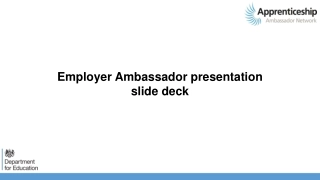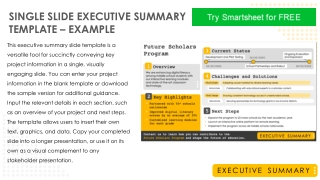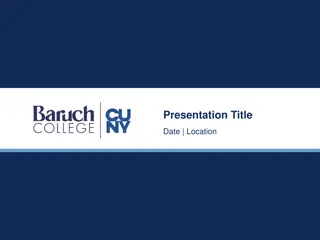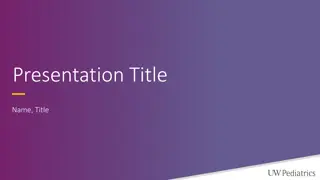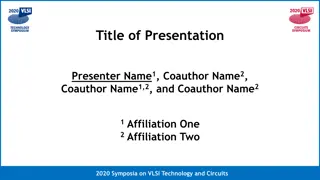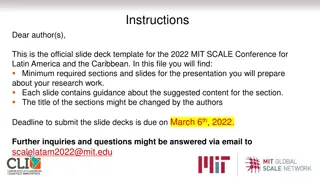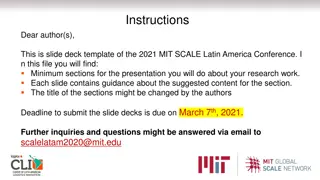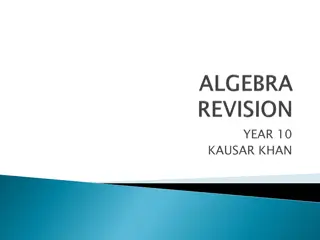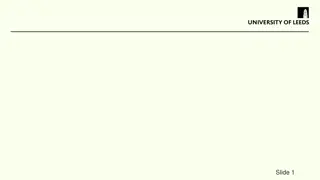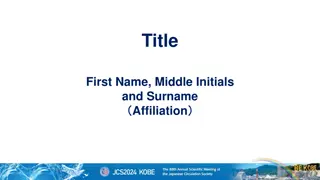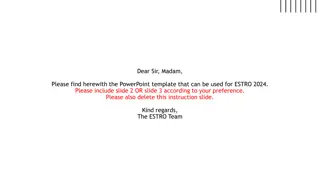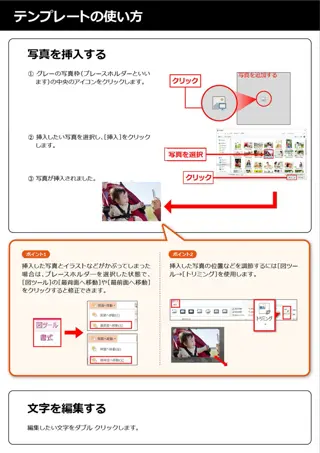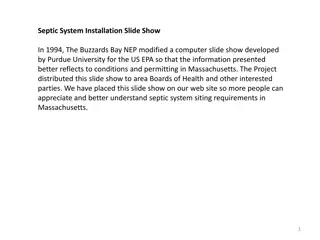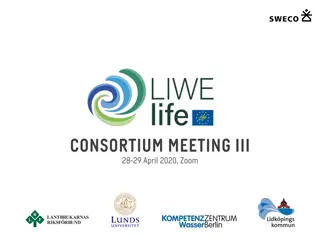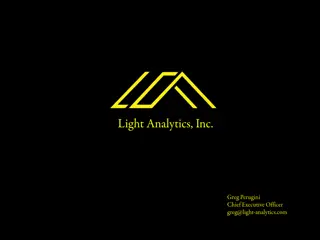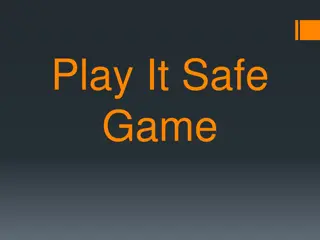
Important Characteristics and Types of Research Explained
Discover the essential characteristics that qualify a research study, including being controlled, rigorous, systematic, verifiable, empirical, and critical. Learn about different types of research such as pure, applied, descriptive, correlative, exploratory, explanatory, qualitative, and quantitative based on their objectives and modes of inquiry.
Download Presentation

Please find below an Image/Link to download the presentation.
The content on the website is provided AS IS for your information and personal use only. It may not be sold, licensed, or shared on other websites without obtaining consent from the author. If you encounter any issues during the download, it is possible that the publisher has removed the file from their server.
You are allowed to download the files provided on this website for personal or commercial use, subject to the condition that they are used lawfully. All files are the property of their respective owners.
The content on the website is provided AS IS for your information and personal use only. It may not be sold, licensed, or shared on other websites without obtaining consent from the author.
E N D
Presentation Transcript
Seminar DKV DESI DWI KRISTANTO, M.DS. Week 6
To qualify a Research or study Research should process certain characteristic Controlled Rigorous Systematic Valid Verifiable Empirical Critical
To qualify a Research or study Controlled (terkendali) The research problem should not be affected or influenced by external factors (i.e. variables other than the participating facts). Rigorous (teliti): The procedures followed to find answers to questions should be relevant, appropriate & justified. But the degree of rigiour may vary from one problem to another problem. Systematic The investigation should follow a certain logical sequence
To qualify a Research or study Verifiable (dapat diverifikasi) The findings should be valid & can be verified by you or others at any time Empirical: The conclusions drawn should be based on hard evidence, gathered from real life experiences or observations Critical The process of investigation must be foolproof and free from drawbacks. The process adapted and the procedures used must be able to withstand any critical scrutiny
Type of Research Application Objective Inquiry Mode Pure Research Applied Research Descriptive Correlative Exploratory Explanatory Qualitative Quantitative
Based on Application Pure Research Gathering, knowledge is termed as pure or basic research. Just to gather knowledge in order to formulate or generalize theories or policies. This types of research adds knowledge to the already existing organized body. Example : Research on mathematics Applied Research To find an immediate solution for a pressing practical problem. example : Social, economical and political trends prevailing in a country
Based on Objective Descriptive Survey or fact finding enquires of different kinds. It describes the actual prevailing state of affairs, existing at present. Otherwise known as ex post facts means existing position of facts / issues. Here the variable influencing the research has no control or the researcher has no control over the variables. Eg: Frequency of shopping, customer preference etc
Based on Objective Correlative Goes on to discover the existing relationship or interdependence between two or more aspects / variables. Otherwise known as comparative study. Investigates association between variables. Example : sum of humour and job satisfaction. Research problem is workers turnover
Based on Objective Explanatory Attempts to clarify or explain why and how, any particular research problem aris Exploratory Research: Study undertake to explore a new area or an unknown destination. es and can be solved
Based on Inquiry Quantitative - SURVEY Relates to aspects that can be quantified and expressed in terms of quantity. Otherwise known as structured Research. In this type of Research, the objectives, design, sample and all the other factors influencing the research is pre determined. The research problem and its solution will be expressed in terms of quantity and hence statistical and economic analysis is adapted in this type of Research Qualitative - INTERVIEW Otherwise known as unstructured research. The aspects related to quality / kind or texture
Scientific Method Identifying the problem Formulating a hypothesis Developing the research plan Collecting and analyzing the data Interpreting results and forming conclusions
1. Define - what is the problem I have to solve? Why do I need the information? Is it for an essay, a report, or a speech? When is it due? Give yourself plenty of time. What s my topic?You should aim to end up with a topic that s not too broad or too narrow and you need to make sure that there s enough material available on it. What do I already know about the topic?Do you know anything about the topic that might help you define the main ideas and the key words that will help? What more do I have to find out? You will need to find as much information on the topic as you can from reliable sources.
2. Locate how do I find the information I need? Use the best resources from a variety of sources Books Encyclopaedias Magazines Videos Internet People and organizations
3. Select what resources will be the best to use Is the information relevant? What can I leave out? Evaluate the information carefully - is the material up to date, who has written it and for what audience? Record the sources of information for yourbibliography - this is an important step record all your sources as you use them. This will save time at the end of your assignment
4. Organise how best can I use my information? Have I got enough information to do my assignment? Do I need to use all of the information I have gathered? You may not need to use all of the information you have gathered How can I best combine information from different sources?Some formats provide information in more suitable ways than others, depending on what sort of assignment you have. Have I used correct spelling and grammar?
5. Present how can I best present the information? Is my presentation logical and well organised? Have I completed the assignment? Have I used my own ideas and opinions and acknowledged ideas from others? Is the presentation appropriate for my audience?
6. Assess- how well did I complete the assignment? What did I learn? Is there anything I need to improve - locating, selecting, note making, time management? How can I improve? - do I need to ask for help? Who should I ask?

